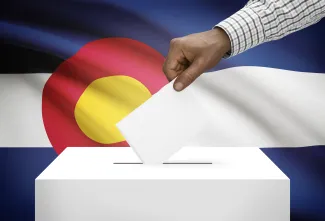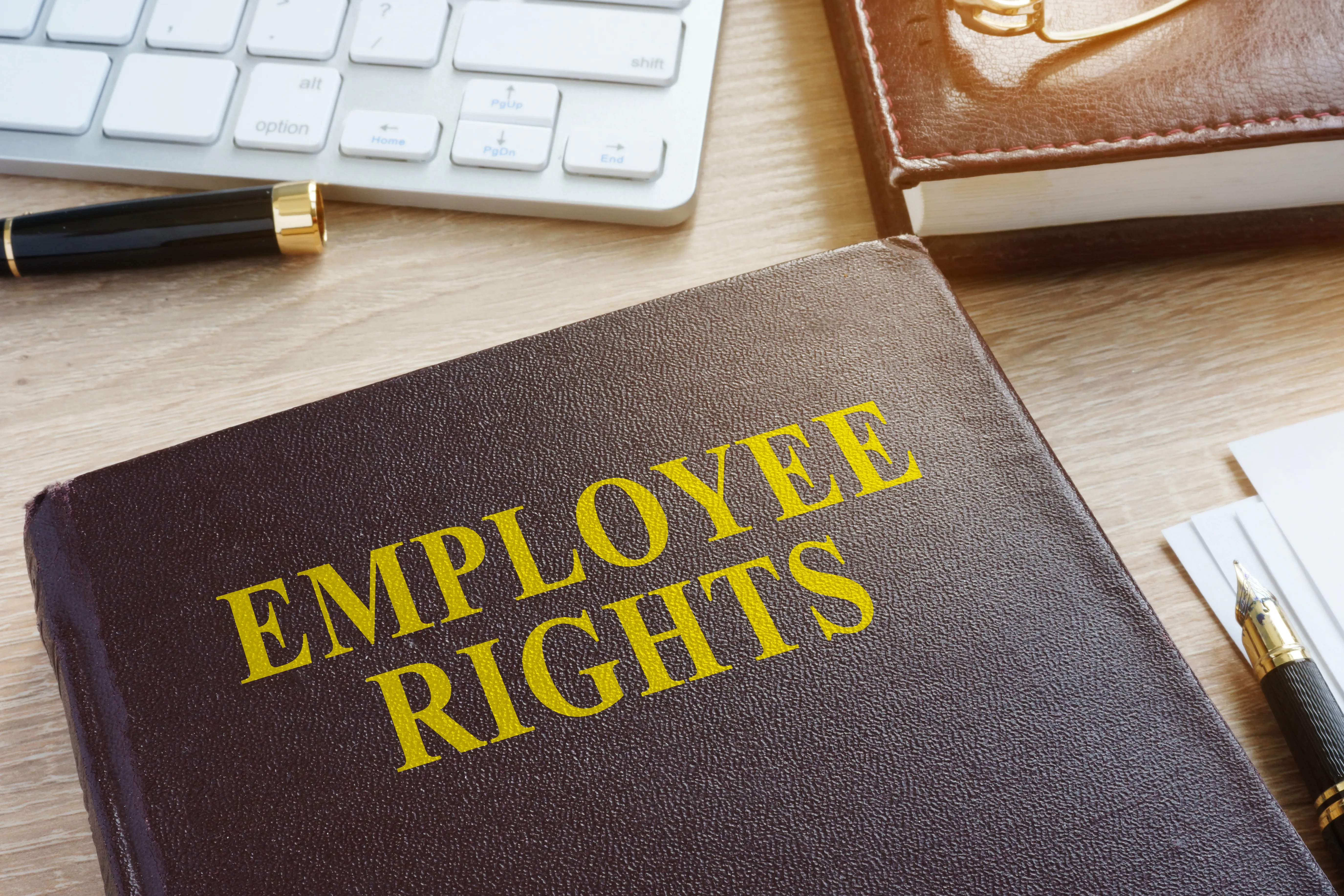
80 Colorado candidates commit to improving mental health policies
Click play to listen to this article.
(Colorado News Connection) Mental health is a top issue for voters, and candidates running for office across Colorado are pledging to make it a priority if elected.
Kathleen Daughety, vice president of campaigns and civic engagement with Inseparable, said if people can get treatment, they can thrive. But if they can't, the situation can get much, much worse.
She pointed to a recent survey showing that half of all Americans who need mental health care aren't able to get it, and said one of the biggest barriers is that health insurance companies aren't doing their part.

"People are buying insurance policies expecting to get care when they need it. And then when they are sick, insurance companies are denying the care that their doctors are prescribing," she explained.
Nearly nine in ten voters say expanding access to mental health care should be a priority, ranking it just as high as lowering the cost of living. So far, 80 Colorado candidates have signed a Mental Health Now statement of support, more than any other state. The statement calls for policies that increase access to mental health care, improve crisis response, and expand youth mental health services, especially in schools.
Colorado is one of many states that lack facilities to place people experiencing severe mental illness. In 1955, there were nearly 6,000 psychiatric beds in the state. In 2023 the number dropped to 482.
Dusty Johnson, R-Fort Morgan, is running unopposed for House District 63 and signed the Mental Health Now statement of support.
"We shouldn't be using jail as a place to get mental health resources. But when you have nowhere to take them, they end up in our prisons, or back on the street, and then they go and hurt themselves worse, or hurt somebody else. It would be nice if we had places that would take them on the spot," Johnson said.
Since 2015, one out of five people killed by police were experiencing a mental health emergency. Daughety said the goal for politicians should be to make law enforcement involvement in crises the exception, not the rule.
"If someone is having a mental health emergency, they need a mental health specific response, they don't need a law enforcement response. Law enforcement says these calls are really stressful. They're not trained for them," Daughety contended.
















